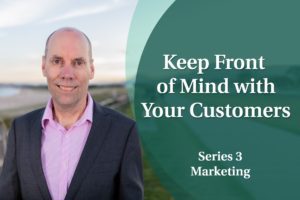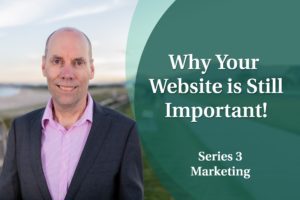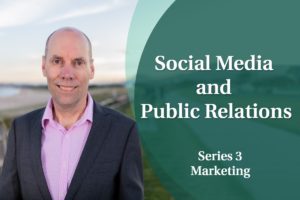
by Phil Latz
Hi, welcome to the fifth blog in my finance series that I hope will help you become more successful in your business.
As a business owner myself for many years, I understand the challenges that you face.
The theme of this series is how to maximise your profit.
Today I’m going to look at some principles that you can read about in the book, Profit First.
This won’t be a full book review. I’m planning to do business book reviews in a separate series later.
But for now, I’m going to share just three of the key points from Profit First.
You may have heard of Parkinson’s Law which broadly says that the demand for something expands to match the supply. This is also called induced demand.
Here are three examples:
The time you take to do a job expands to fill the time you have available.
The amount of items on your desk expands to fill your entire desktop.
The amount of traffic on the road expands to fill the number of lanes available.
Parkinson’s law applies to your business and your cash. Our natural tendency is to spend all of the cash we have available.
It’s only when cash gets tight that we’re forced to be more frugal. Just like when your tube of toothpaste is almost empty. It’s amazing how many more days of supply you can squeeze out of that sucker!
Profit First, as the title suggests, literally says that as business people, we should set aside our profit first, and only spend what it left. Otherwise, we’ll always find good reasons to spend all our money.
But where should we put that profit? This leads to the second point.
In Profit First, the author, Michael Michalowicz, talks about childhood memories of his mother allocating her meagre income into envelopes, with labels including ‘food’, ‘mortgage’, ‘community’, ‘vacation’, ‘fun’ and ‘in case of emergency’.
I’ve heard other examples of people using jars to do the same thing.
This may seem very quaint and old fashioned. These days with our accounting software packages, we can easily allocate money into virtual accounts.
But modern software doesn’t take into account human nature.
Profit First argues that you need to set up a series of physical bank accounts and allocate percentages of your income that you carefully pre-determine, into each account.
Some of these accounts should deliberately be of the ‘limited access’ variety, without cards attached.
There are too many details to fully include here, but you can get some idea, just from the names of the initial accounts that the Profit First system asks you to set up: income, profit, owners compensation, tax, operating expenses, profit hold and tax hold.
At the time of writing this, we’ve been doing this for our own business for about 14 months so far. We haven’t been perfect. But we’re heading in the right direction and I can tell you that it’s a nice feeling when you see enough cash to pay all of your next year’s tax liability, already sitting in an account waiting for when you’re next tax return is payable.
Profit First devotes a whole chapter to ‘destroying your debt’ because it’s such an important topic.
The moment I talk about debt I know some of you will get defensive.
I’m not saying, ‘never go into debt’. We’re going to look at debt in more detail later in this series. I’ll be talking about ‘good debt’ and ‘bad debt’.
But once again, when it comes to debt you need to understand that on many occasions, human nature is more powerful than logic or discipline.
Finance commentator Dave Ramsey teaches that even though logic says we should pay off our highest interest debt first, the most effective method, which he calls the ‘debt snowball’, is to use all our available resources to completely pay off our smallest debt first, then move to our next smallest debt, and so on. That builds our momentum and morale.
Another high profile financial author and presenter, Suze Orman, says that you must learn to get more enjoyment out of saving money than spending it.
In summary, the key behind Profit First being such a successful system is that it is designed to work with the reality of our human behaviour, warts and all.
Consumption is addictive.
Just this weekend I was watching my young grand-daughter trying to resist eating more chocolate. If it’s within sight and reach, it’s too hard to resist.
As businesspeople, we pretend to be more sophisticated than young children, but in reality, we’re no different. Unless we quarantine portions of our money out of sight and out of mind, we’ll be able to rationalise perfectly good reasons why we should spend every cent.
I believe that with passion, consistent effort and wise advice you can succeed in your business.
I wish you all the best and I’ll see you next time.


